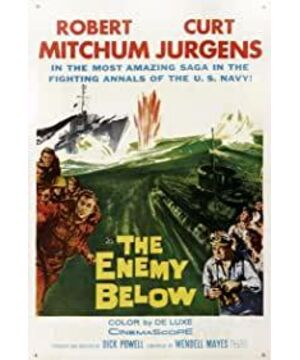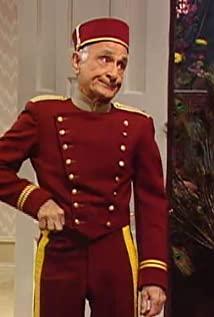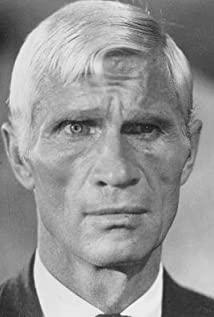There is a superfluous point in the previous article: the sailor said that the captain was seasick and he was a "down businessman", which showed that the soldiers did not trust the captain - there is no need. If you want to make a first move and then move up, to create an amazing sense of "the captain's resourcefulness", you can use "the captain has just been transferred from another frigate of the same type" to make a fuss, so as not to cause people to confront the United States in the battle of wits and courage that follows. The captain's performance was abrupt. Fortunately, although the wisdom of the American captain is a bit exaggerated due to the unnecessary foreshadowing above, the battle of wits and courage between the two sides is not a mystery. I watched "Hunting U-571" first, and learned a lot about the usual shooting techniques of "hunting"; but I was nervous all the time while watching this film.
The final "redemption", some people think is a failure, I do not agree.
First of all, the Americans have no hatred for the Germans who invaded the border and destroyed the country and destroyed the family. This is also an important reason why American World War II movies can reflect more on the war. You can't imagine the Russians to reflect on "Why do we kill the Germans", let alone ask the Chinese to reflect on "Do we need to hit the Japanese?" The Americans are different. That's why "Band of Brothers" has an episode of "Why Fight" - but the answer in that episode is only "because they engaged in genocide"; this film mentions the hatred of the American captain - where the new wife is The cargo ship was sunk by a German submarine, but this hatred is not representative.
Secondly, when the whole film shows the German side, it shows the "shared humanity" of the Germans everywhere - camaraderie, willpower, etc. I even think that the German soldiers are very cute in the part of singing the march. The director makes the audience have a good impression of the enemy, which in itself is respecting humanity and understanding each other; if you don't think such a group of people needs to be rescued, then you have to reject the entire film.
Third, showing the US captain's respect for the enemy also emphasizes the strength of the enemy, and the final effect is to highlight the ability of the US captain - after all, the US won the victory of "destroying the enemy's rendezvous plan". If the Americans are allowed to watch the German captain get killed in the lifeboat, they will also belittle the US side—you played a "game of wits" with a group of people who are not worthy of respect for a long time?
One last word: the American captain urged the German captain to abandon his sailors and escape quickly, saying "this man is dying"; the German casually said: "He is my friend." The "blanket" made a good preparation for this.
View more about The Enemy Below reviews











